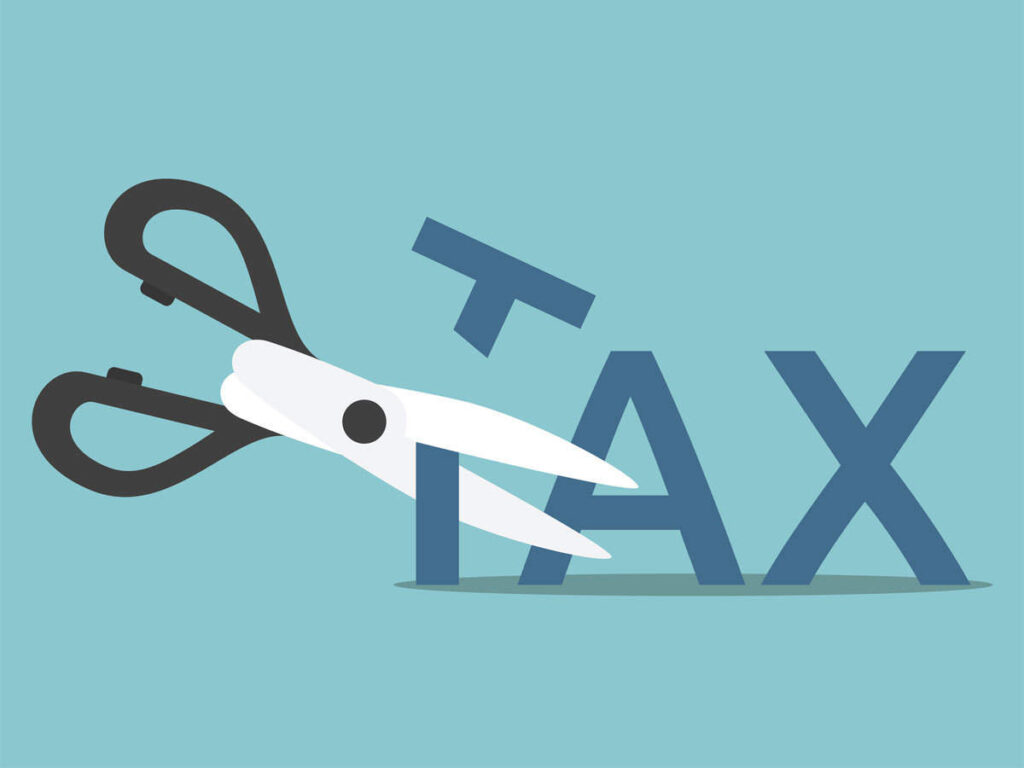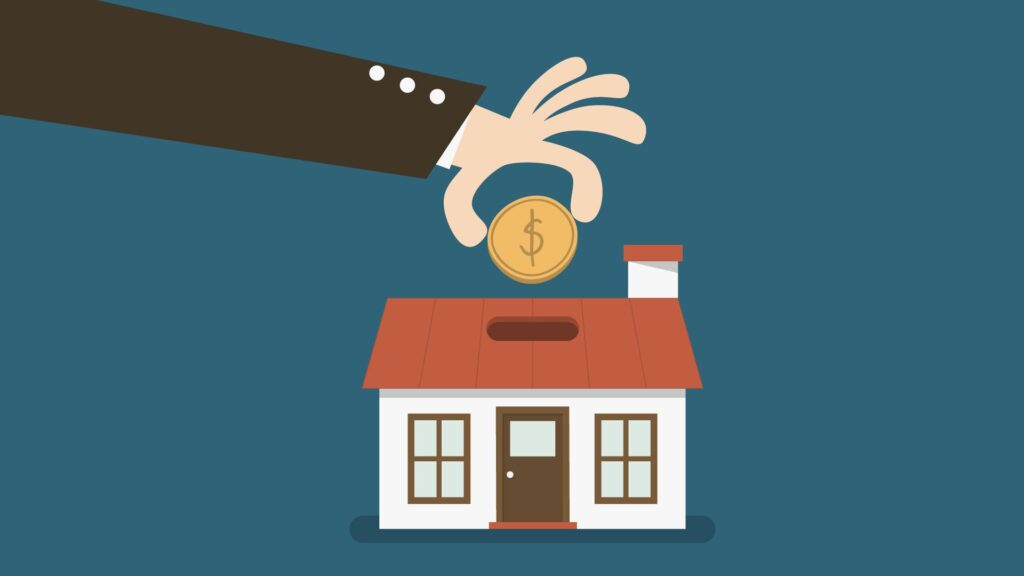Wondering if you should take the leap and invest in real estate?
Sean had saved up over the years intending to invest in something profitable. Discussing with a friend, he was able to analyze various options of investments; stock, bond, and real estate. Coincidentally, his friend is into real estate and was able to convince him to explore the various opportunities and advantages of real estate over other types of investments.
Why Should I Invest In Real Estate?
The real estate industry has some millionaires and billionaires, a sign of its high profitability and potential. The famous real estate businessman Andrew Carnegie was worth billions in the early 1900s. His success in real estate is not unique to him. Real estate investors in recent times have shown how successful and profitable you can be by investing in this industry. Sidney Torres, Sean Colon, and Gerald Cavendish Grosvenor are examples of real estate big earners.
Real estate is not a get rich quick scheme; it has its ups and downs. However, unlike other forms of common investments like stock and bonds, of which you have little control, real estate allows you to be an active participant. Stock can plummet due to many reasons of which you as an investor are ignorant. The active participation that real estate affords makes you play a role in achieving success. There are more good reasons to invest in real estate, here are five key ones.
Sustainable Income Stream

A sustainable income stream is a key advantage of investing in real estate. The system and pattern of real estate are designed to bring in constant income for investors. Be it residential or commercial properties, there will be tenants in the properties. Each month, tenants pay rents and this generates income for the property investor.
It’s not uncommon to hear of individuals planning for retirement or saving for the future to venture into real estate. Many businesses have little or low chances of survival and due to their volatility, it’s hard to keep milking income from these sources continuously. For real estate, however, the income is sustainable and with low risk. Over time, when the business grows, you can expand until real estate takes the role of your main source of income.
Saving on Taxes

The United States Internal Revenue Service (IRS) allows some businesses to make deductions due to their nature. To put this in simple terms, here is an example to explain it better. Some businesses make use of machines or equipment that depreciates over time. Such businesses are allowed to take a percentage off the tax paid to compensate for the deprecating machines used.
Real estate enjoys the same benefit. True, a property will depreciate due to constant use but unlike machines, an edifice will never stop functioning at a point. Besides regular repairs, good maintenance culture will prove beneficial and help to curb excessive repair or renovation expenses.
The Equity Benefit

The benefit of equity is yet another perk of real estate investment. Some types of property investment give room for gradual payment spread over a period. When making mortgage payments, a percentage goes to interest payments while some function as the principal cost of the property. With this, every payment edges you closer to being a total owner.
The benefit here is that the payments you make come from the rents tenants pay. Additionally, since the mortgage is gradual, there will be enough left to cater to repairs, maintenance, and a profit to keep.
Property Appreciation

As depreciation affects property due to use, there is also a potential for appreciation. Many are careful and do thorough research before investing in some properties. They look for types that can have an increase in value over time. And this happens to be the trend in real estate — most times( if not all) property increases in value. This means rents will increase, and the purchase amount of properties increases as well.
In the real sense, not every region experiences an increase in property value. Some factors in some areas result in appreciation and places without it remain almost the same. Although the appreciation potential of a property is a good thing to look out for, it shouldn’t’ necessarily be a deciding factor. This is because inflation still pushes up the value of properties as time goes by.
The Leverage

Most investment requires full payment of services before enjoying benefits and getting a chance to make profits. In real estate, leverage is an option that affords you the investor, the opportunity to purchase a property without making full payment. Yet, you get to enjoy all-access same as someone who makes an outright purchase. You can simply pay a part of the total value and spread the rest of the payment over a certain period.
With Leveraging, you get to have tenants — collect rents, enjoy the equity build-up and tax write off among some other benefits. Some types of loans are even available for this type of real estate investment. You can take such loans as part of a capital boost for the purchase of a property. As touched on earlier, the completion of the purchase can be achieved using the income from rent collected on tenants.
More Ways To Invest In Real Estate
In conclusion, the reasons analyzed above are advantages of real estate over other types of investments. As you considered options for investment, do not linger too much, take a bold step, and delve into real estate.
Did you like this blog post on ways to invest in real estate? Read our article on ways to invest in wholesale real estate with little or no money down.

You’ve always given out great information to help others. So inspiring and dedicated. I love your energy. Keep being a blessing
Thank you so much… it’s comments like these that keep me going and motivated ❤️
Great article! I shared to FB.
Thank you so much for the support
I am truly thankful for the information you are giving me and others. Its true got to take that leap and do it.
It’s always a pleasure to share my knowledge!
Sustainable Income….that part alone is worthy of investing in real estate.
Yes you’re right
Thank you!!!
You’re welcome!
I will surely foreward this post to all of my pals! Its very respectable and a very decent check out!
Thank you so much for the support and I’m glad you liked the post!
I was looking for some good blog post about this issue . Searching in Yahoo I managed to find this great site. After reading this information Im really glad to say that I most definatelly found just what I was looking for. I will make sure to remember this website and come back here on a constant basis. Thanks!
I am glad you liked the post and you’re always welcome
continue with the the nice work on the site. Do like it! :p Could use some more frequent updates, but im sure that you got better or other things to do like we all have to do unfortunately.
It is unexceptional how counselors can handle a mild undertaking like this.
I really enjoyed the article. It is always nice when you can not only be informed, but also entertained!
I’m happy that you enjoyed the information and found it helpful!
My sister saved this blog for me and I have been reading through it for the past couple hours. This is really going to help me and my classmates for our class project. By the way, I enjoy the way you write.
I’m glad you found it helpful for you and your classmates.
Hello, I saw your blog on Bing and have enjoyed checking it out. Thank you very much for the useful and detailed posts. I will be subscribing to your RSS feed.
Interesting, I am curious what the statistics are on your first point there
Very nice post and right to the point. I dont know if this is truly the best place to ask but do you folks have any ideea where to employ some professional writers? Thank you
Very good written article. It will be useful to everyone who utilizes it, as well as myself. Keep doing what you are doing – i will definitely read more posts.
Thank you for the support and I’m glad you found value in the post!
Hi, first-class post. I have been pondering this topic, so thanks for sharing. I’ll likely be arrival back to your posts. Keep up the respectable work
Thank you for your support!
You really make it seem so easy with your presentation but I find this topic to be really something which I think I would never understand. It seems too complex and extremely broad for me. Im looking forward for your next post, I’ll try to get the hang of it!
Thank you for your kind support!
First of all, allow my family value a persons command during this matter. Even though this is certainly brand new , nevertheless soon after registering your site, this intellect has exploded extensively. Allow all of us to take hold of ones rss to help keep in touch with at all probable messages Sincere understand but will pass it on to help admirers and my personalized are living members
I am shocked at the items I overlooked before I read this post. Thanks for the good information.
I am glad you found value in the blog. Feel free to browse through other blog posts!